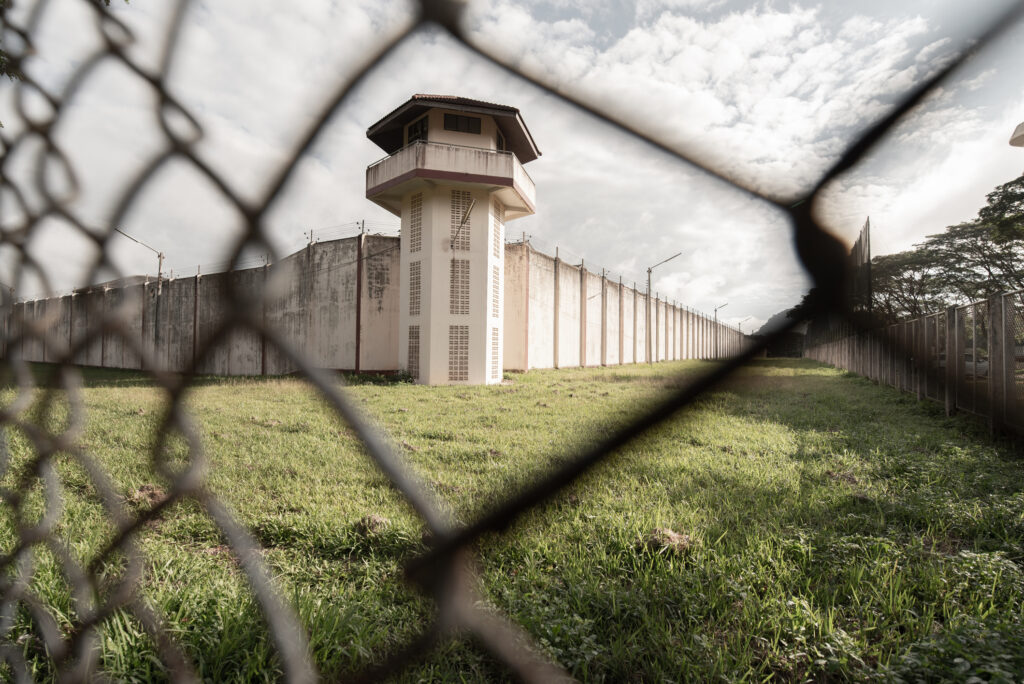To learn more about what we do and our most recent accomplishments, please see our 2022 annual report. To dive deeper into our distinctive vision, policy ideas, and approach to advocacy, explore the writings below or visit our “Key Initiatives.”

Theory


The center can hold: public policy for an age of extremes
Brink Lindsey, Will Wilkinson, Steve Teles, Samuel Hammond
Public confidence in government will return only when it merits confidence by successfully solving real problems.

Faster growth, fairer growth: policies for a high road, high performance, economy
Brink Lindsey and Samuel Hammond
It’s time to undo the damage caused by regulatory capture and counter the forces pushing against inclusive prosperity.

State capacity: what is it, how we lost it, and how to get it back
Brink Lindsey
The fortunes of liberal democracy rise and fall with its perceived effectiveness in improving lives.

Competitive egalitarianism: How to structure markets
Steven M. Teles
Competitive egalitarianism is the key to using a dynamic market to generate more equally shared economic growth.

Culture eats policy
Jennifer Pahlka
The government has a culture problem, making it difficult to implement well-intentioned policies.

The future is faction
Steven M. Teles and Robert P. Saldin
Those who want a more productive political system must build moderate factions within the two major parties.

Series: Moderation as a political strategy
Various authors
The essays in this series explore a type of moderation that can be dynamic, innovative, politically compelling, and even radical.

The procedure fetish
Nicholas Bagley
We should measure the administrative state’s legitimacy by how well it works, not by the stringency of the constraints under which it labors.

The how we need now: A capacity agenda for 2025
Jennifer Pahlka and Andrew Greenway
While the picture we paint of our government’s capacity today is not always pretty, we believe that achieving a more responsive, effective, and confidence-inspiring government is a matter of will.

Policy

Climate

Transmission stalled: siting challenges for interregional transmission
Liza Reed
Transmission lines are in the public interest, but they face the most regulatory difficulty due to states’ highly variable interpretation of public necessity.

Legal and administrative pitfalls that may confront climate regulation
Jonathan Adler
A carbon tax would be less vulnerable to administrative delays and legal challenges than comparable emission-control regulations.

Carbon pricing and regulations compared: An economic explainer
Shuting Pomerleau and Ed Dolan
This primer provides a detailed comparison of carbon pricing and regulations and discusses the potential impact of the interaction of the two types of policies.

Border adjustments in a carbon tax
Shuting Pomerleau
This paper reviews the principal design choices policymakers would face when establishing a border adjustment for a carbon tax and the implications of different design choices.

This is how a carbon tax comes back
Kristin Eberhard
Three pressures could transform a carbon price from a pariah into a savior on the national policy stage.

Criminal Justice


To end mass incarceration, focus on crime reduction
Greg Newbern
Lawmakers should commit to policies that promote prevention, deterrence, and certain accountability. The result will be less crime, less punishment, and more justice.

The need for increased funding for HOPE/SCF
Richard Hahn
Programs using Safe, Certain, Fair models have improved compliance, helping participants stay out of prison, qualify for parole, and fight substance abuse.

Reconstructing justice: race, generational divides, and the fight over “defund the police”
Michael Fortner
Most Americans see room for community groups and non-law enforcement professionals in a broader public safety strategy. The evidence recommends the same.

State violence, legitimacy, and the path to public safety
David Kennedy
Bad policing damages the fabric of communities, hurts families, and alienates people from what should be their democracy.

Safer, smarter, and cheaper: The promise of targeted home confinement with electronic monitoring
Greg Newburn
Research evidence from both the U.S. and abroad suggests home confinement is an effective and appropriate alternative to imprisonment for lower-risk offenders.

Immigration


Principles of immigration reform
Kristie De Peña
This policy framework builds on four pillars — enforcement, admissions, rights, and values — to provide a holistic reorientation of the U.S. immigration system.

The strategic case for refugee resettlement
Idean Salehyan
Most refugees have successfully adapted to life in America, contributed positively to the economy, and eventually acquired citizenship.

The case for updating schedule A
Cecilia Esterline
Updating Schedule A is an important step the executive branch can take to support the continued recovery of the American economy.

Social Policy


Op-Ed: Reclaiming the GOP’s legacy on the child tax credit
Joshua McCabe
History makes clear there is no reason for Republicans to cede ownership of the child tax credit to Democrats.

The conservative case for the child allowance
Samuel Hammond and Robert Orr
Enacting a child allowance would create the conditions necessary to consolidate a variety of less effective policies and programs.

An agenda for abundant housing
Alex Armlovich and Andrew Justus
The United States is experiencing its second crisis of housing scarcity. Unlike the first, this one is purely political.

The U.S. has much to gain from more doctors
Robert Orr
Bottlenecks in the physician training pipeline are primarily the result of previous policy choices. The case for restraining the physician supply is unconvincing.

Do we really want expanded work requirements in non-cash welfare programs?
Ed Dolan
If the objective is true self-sufficiency, work requirements are unlikely to be effective. If the objective is to cut in-kind welfare rolls, they hold out greater prospects for success.

A social safety net for an age of uncertainty
Ed Dolan
We need a social safety net capable of dealing with unknown-unknowns — things that we do not anticipate and or understand.

Practice


How Democrats can recover from their legislative failures
Kodiak Hill Davis and Geoffrey Kabaservice
If Democrats want to salvage their legislative efforts rather than merely virtue-signal to their base, they must negotiate with Republicans.
